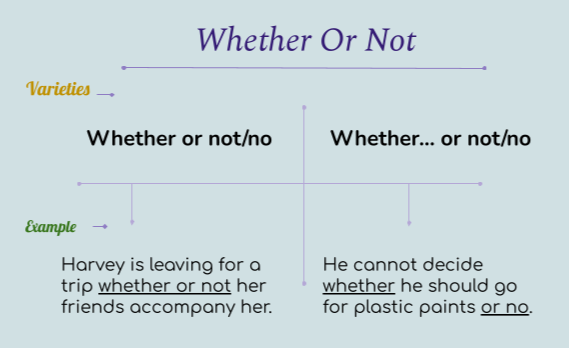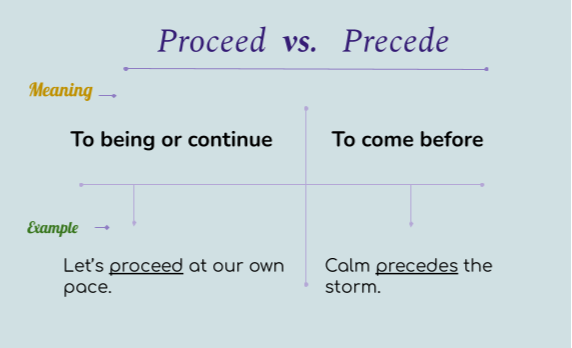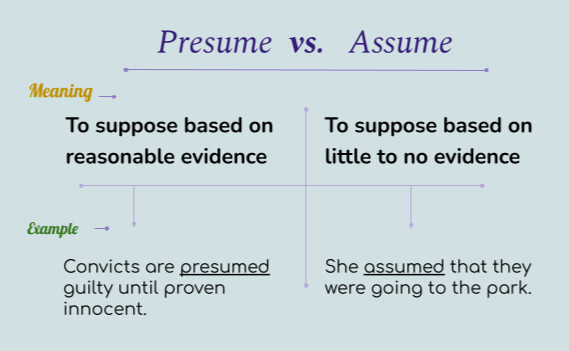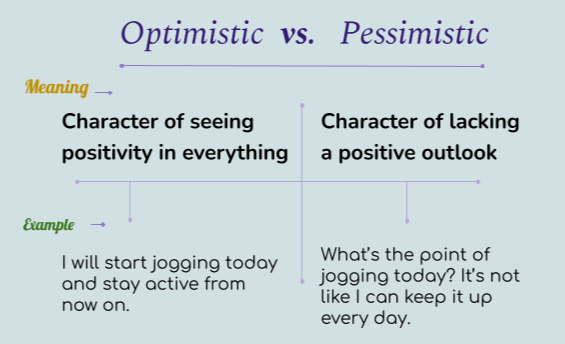'NICE' is not 'nice' ANYMORE: Anatomy of the word 'nice'
You see the prettiest dress and cry out to your mother, "Ma, look at that dress. It is so nice!"
Brendon expects to get a D in Math but ends up with a B, and ends up saying, "Nice!"
You ask your boss for feedback on the project file you prepared for the Sunday meeting and he goes,"You know Shanon, it's nice."
The meaning of nice hasn't been, well, actually this "nice". Let us take a look back history.
Nice had originally a negative meaning. It started coming to use with Latin nescius meaning ignorant. From there, it developed the meaning coy. This, in turn, gave rise to nice meaning perfectionism or being fastidious. This led to nice meaning "subtle and fine". This final meaning was held correct and all the meanings started growing surrounding it. From 1300 to 1400s nice was all about being luxurious and well dressed. Then onwards it moved more toward the attitude of the people, and then nice meant refined society. In the 1800s, nice started meaning shy, reserved and delicate, thanks to Jane Austen's use of the word to describe good things.
People wanted to appear less friendly, and the credit goes to the 50s notion of people not wanting to be a "nice guy" anymore. This was influenced by the song lyrics of that time. However, "Nice guys" are what the millennials call the "forever friend zoned" guys or the guys that aren't actually that "nice". Though it can also be used unironically to mean a person who's actually really nice. The modern times have multiple meanings of nice. The most commonly used meanings are: pleasant, enjoyable, attractive, delightful, mild, well-intentioned, enough and virtuous. The lesser common meanings are: obscene, trivial, lacking vigor, etc.
From what we can see there is much ambivalence regarding the meaning of it. So, writing teachers nowadays forbid the use of nice, because it's beginning to get overused in the "pleasing/ likable" way. So, it is better to use a more befitting word or any other meaning of the word nice according to the context of writing, because nice isn't just nice anymore.
Grammar
Read More
- How to Use "Therefore" in Sentences Avoiding Common Mistakes
- How to Use "Whereas" with Examples and Avoid Common Mistakes
- When and How to Use "Thus" Correctly Without Common Mistakes
- How to Use "On the Contrary" Properly with Meaning and Examples
- When and How to Use "Either/Or" with Examples and Common Mistakes to Avoid
- How to Use "On the Other Hand" Effectively without Mistakes
- How to Use "Respectively" with Example and Common Errors to Avoid
- How and When to Use "Moreover" Without Mistakes
- How to Use "Likewise" in Sentences Based on Context & When not to Use
- When & How to Use "Although" in Sentences to Avoid Mistake





